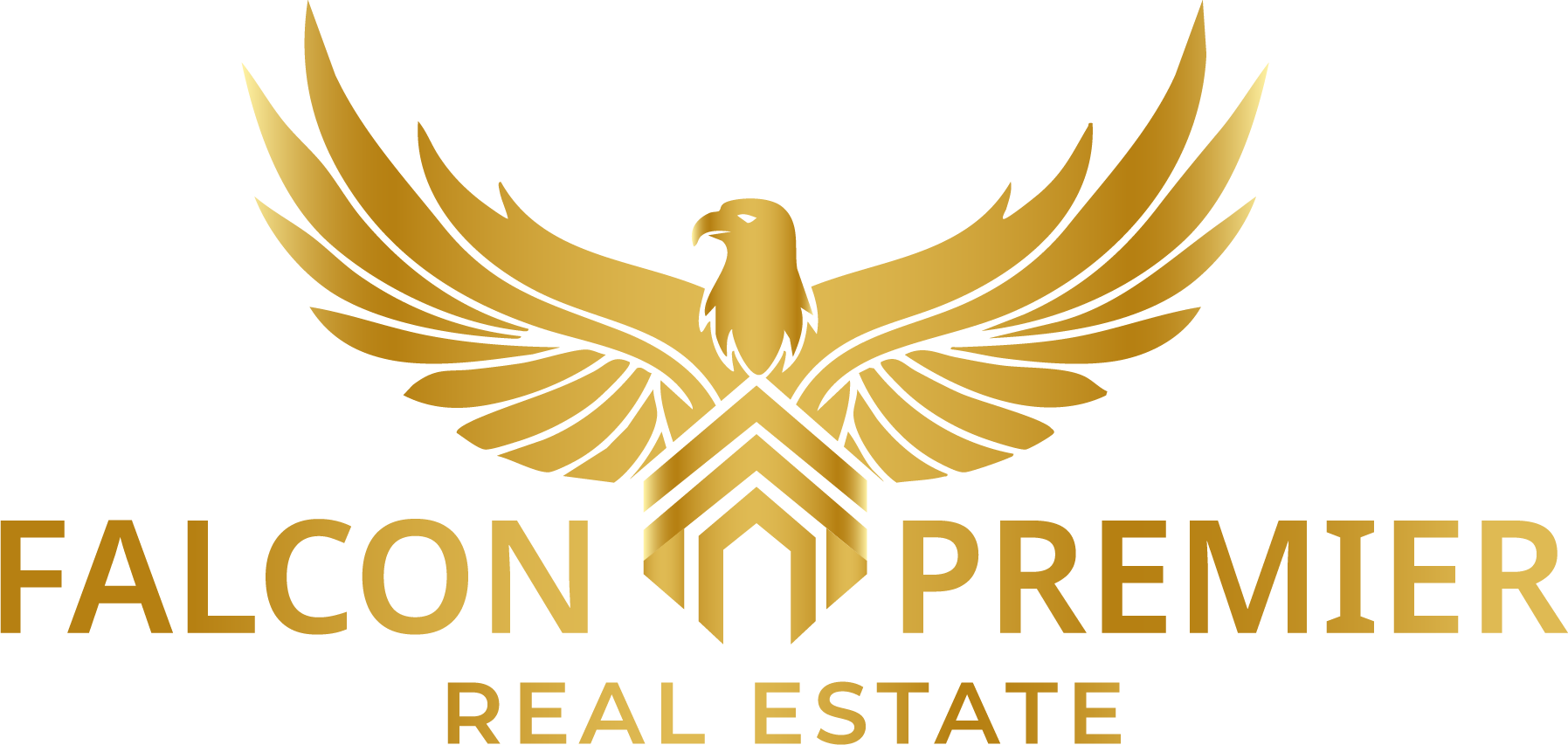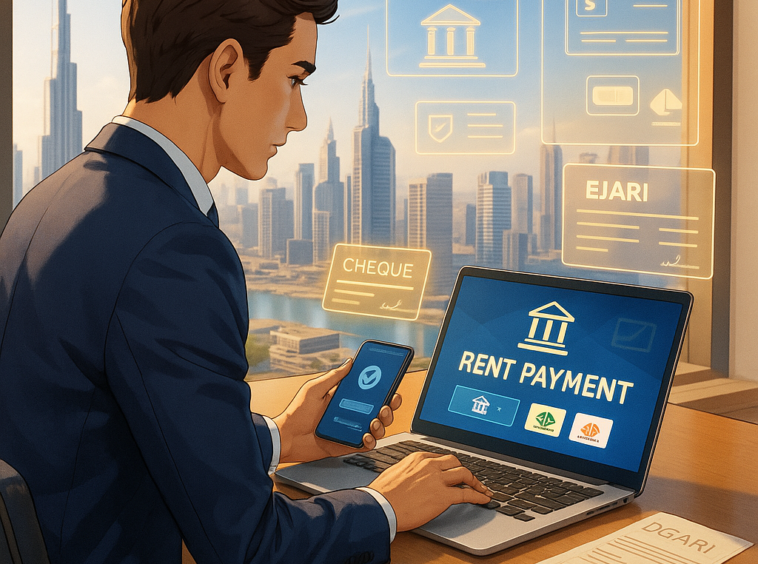At Falcon Premier Real Estate, we’re committed to making your renting journey in Dubai smooth and transparent. One of the most critical steps is how to make rental payments in Dubai securely, legally, and without hassle. Whether you’re a new tenant or renewing a lease, this guide walks you through all the current methods, regulations, and best practices to ensure your rent is always paid correctly and safely.
1. Legal Framework & RERA Requirements
Before you begin making payments, know that Dubai has a regulated rental ecosystem. The Dubai Real Estate Regulatory Agency (RERA) requires:
- Registering your tenancy agreement under Ejari (official rental registration)
- Specifying payment terms clearly in your lease — frequency (monthly / quarterly / annual), mode, due dates
- Landlords and tenants must comply with anti-fraud and verified transaction rules
These rules exist precisely so rental payments in Dubai are traceable, enforceable, and dispute-free.
2. Common Payment Methods
Dubai offers several mainstream ways to pay rent. Each has pros, cons, and typical use cases:
| Method | How It Works | Advantages | Notes / Cautions |
|---|---|---|---|
| Bank Transfer / Wire | Via local bank account to the landlord’s account | Traceable, secure | Confirm IBAN, bank name, and purpose note (“Rent for …”) |
| Post-dated Cheques | Submit cheques for each period (monthly, quarterly) | Very common, accepted by many landlords | Must clear; bank delays or bounce must be avoided |
| Credit Card / Debit Card | Some landlords or platforms accept card payments | Flexible, can earn rewards | May incur fees or surcharges |
| Online Portals / Tenant Apps | Platforms like Ejari portal, landlord’s portal, or third-party rental apps | Fast, automatic record-keeping | Ensure it’s an official or trusted system |
| Cash / Direct Payment | Hand cash in person at agreed time | Instant settlement | Not recommended for large amounts—lack of proof |
3. Step-by-Step: Paying Rent Securely
To ensure your rent payment goes smoothly, follow these steps:
- Review Lease Terms
Confirm payment frequency, due dates, and accepted methods in your lease agreement. - Register via Ejari
If not already done, ensure your tenancy is officially registered under Ejari, as many services (e.g. visa renewals) require it. - Confirm Recipient Bank Details
Always double-check the landlord’s account, bank name, branch, and IBAN from official sources, not verbal claims. - Make Payment in Advance (if specified)
Some leases require advance payment (e.g., quarterly rentals paid in advance). - Obtain Proof
Whether cash, cheque, transfer or digital: always get a signed receipt or transaction ID for your records. - Update Records / Notify Landlord
Once payment clears, notify landlord or property manager, share proof, and retain receipts. - Reconcile with Utilities / Maintenance
In some leases, utilities or service charges are bundled; ensure all dues are settled timely too.
4. Tips & Warnings
- Never pay via unverified apps or platforms — always use official or landlord-endorsed systems.
- Avoid bounced cheques — maintain sufficient balance, inform bank ahead of big cheques.
- Do not accept deals outside Ejari or off-contract arrangements — these increase risk.
- Currency & exchange rate risk — if paying from abroad, clarify how currency conversions are handled.
- Security first — always retain transaction proof, check account details twice, and avoid last-minute rushes when systems may slow down.
5. Why This Matters for Tenants & Investors
Understanding rental payments in Dubai ensures:
- Smooth visa renewals, utility/fine handling
- Legal protection if disputes arise
- Financial clarity and planning
- Investor confidence when leasing out, knowing tenants are using traceable, compliant payment routes
As real estate professionals, Falcon Premier Real Estate emphasizes this clarity because it supports transparency, trust, and long-term relationships between landlord and tenant.
FAQs
Q1: Can I pay rent by credit card in Dubai?
Yes—if the landlord or platform accepts card payments. But check for extra processing fees.
Q2: Is cash payment acceptable legally?
Legally possible, but not advisable. Without proof, you risk disputes.
Q3: What is Ejari and why is it required?
Ejari is Dubai’s official tenancy registration system. It gives your lease legal standing and is often required for utilities, visas, etc.
Q4: What happens if a cheque bounces?
It damages your record. You might face fines, legal action, or repair costs to landlord. Always ensure funds are available before issuing cheques.
Conclusion
Paying rent should be seamless, secure, and compliant. At Falcon Premier Real Estate, we want all our clients—tenants and landlords alike—to benefit from clarity and legal protection. Whether you choose bank transfer, post-dated cheques, or a digital portal, follow the steps above and always secure proof of payment.
If you’re a tenant or investor in Dubai and want guidance on leasing, contracts, or safe payment setups, we’re here to help.
📞 Contact Falcon Premier Real Estate or WhatsApp +971 54 279 1796 for expert support to manage your rental payments or property leasing in Dubai.









